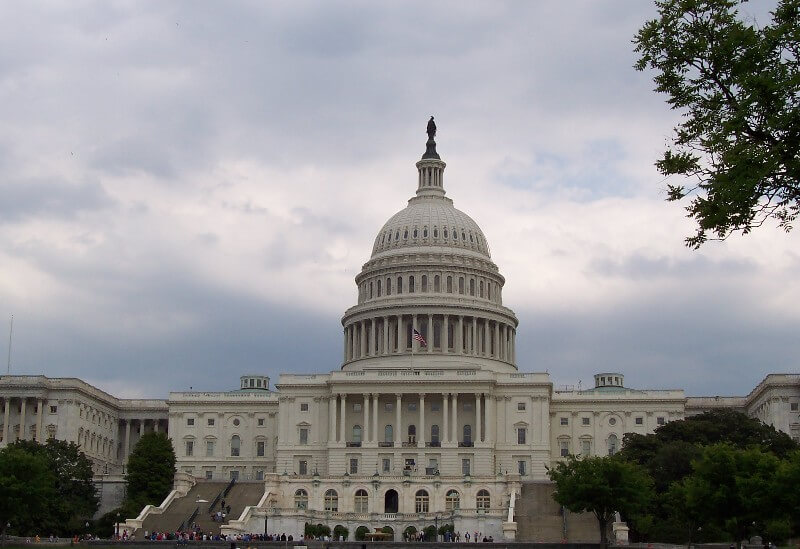There is a rough road ahead for the world, and our political class isn’t leveling with us.
As Steve Odland, president and CEO of The Conference Board, one of the nation’s premier business research organizations, said in a television interview, inflation will continue at least until 2024, and longer if things continue to deteriorate with the supply chain and the war in Ukraine.
Particularly, Odland, who serves as a director of General Mills, fears a global food crisis with famine in Africa and many other vulnerable places if Ukrainian farmers don’t start seeding spring crops to start this year’s harvest. Already, Ukraine — known as the world’s breadbasket — has cut off exports to make sure there is enough food for their own people, as war rages.
Odland sees U.S. inflation continuing at 7 percent to 8 percent for several years at best. But his primary worry is global food supplies, as countries face a crisis of new and frightening proportions.
His second worry is stagflation. If the rate of productivity falls below 3 percent, “then we will have stagflation,” Odland told me during a recording of “White House Chronicle” on PBS, the weekly news and public affairs program I produce and host.
Odland faults the Federal Reserve for being timid in raising interest rates to counter inflation.
I fault the political class for not leveling with us — both parties. As we are in a state of perpetual election fervor, we are also in a state of perpetual happy talk. “Get the rascals out, and all will be well when my band of happy angels will fix things.” That is what the political class says, and it is a lie.
We are in for a long and difficult period, which began with the pandemic that disrupted supply chains and set off inflation, and now the war in Ukraine has compounded that. Supply chains won’t magically return to where they were before COVID-19 struck, and more likely they will have further constrictions because of the war. New supply chains need to be forged, and that will take time.
For example, nickel, which is used in the batteries that are reshaping the worlds of electricity and transportation and for stainless steel, will have to come from places other than Russia. At present, Russia supplies 20 percent of the world’s voracious appetite for high-purity nickel. Opening new mines and expanding old ones will take time.
The world’s largest challenge is going to be food: starvation in many poor countries, and high prices at the supermarkets in the rich ones, including the United States. There are technological and alternative supply fixes for everything else, but they will take time. Food shortages will hit early and will continue while the world’s farms adjust. There will be suffering and death from famine.
The curtailing of Russian exports will affect the United States in multiple ways, some of which might eventually turn out to be beneficial as the creative muscle is flexed.
In the utility industry, someone who is thinking big and boldly is Duane Highley, president and CEO of Tri-State Generation and Transmission Association in Denver. Highley told Digital 360, the weekly webinar that emanates from Texas State University in San Marcos, the challenging problem of electricity storage could be solved not with lithium-ion batteries but with iron-air batteries.
In its simplest form, an iron-air battery harnesses the process of rusting to store electricity. The process of rusting is used to produce power when it is exposed to oxygen captured on site. To charge the battery, an electric current reverses the process and returns the rust to iron.
Clearly, as Highley said, this won’t work for electric vehicles because of the weight of iron. But in utility operations, these batteries could offer the possibility of very long drawdown times — not just four hours, as with current lithium-ion batteries. And there is plenty of iron stateside.
Another Highley concept is that instead of dealing with all the complexities of transporting hydrogen, it should be stored as ammonia, which is more easily handled.
This isn’t magical thinking, but the kind of thinking that will lead us back to normal — someday.
Politicians should stop the happy talk and tell us what we are facing.
